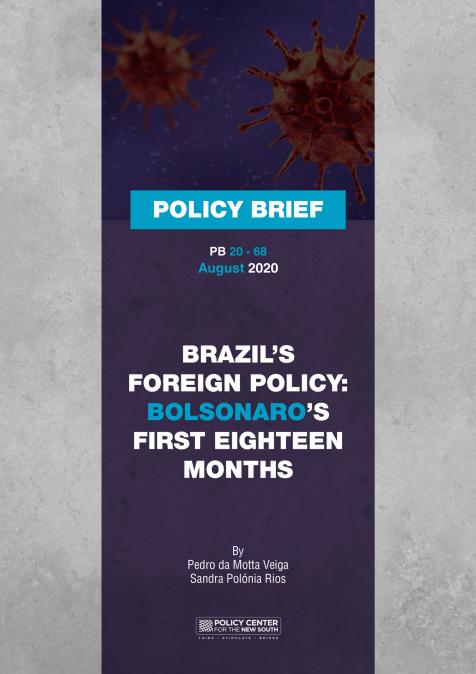The 8th edition of the Atlantic Dialogues conference is on its way ! From 12 to 14 December 2019, Marrakesh will host leaders from the Atlantic Bassin to connect, debate and inspire on building new mental maps around the Southern Atlantic, on sharing ideas and on boosting the Atlantic relations. This impactful event will cover a range of important issues in global governance, education’s gap between Northern and Southern Atlantic, technology’s welfare and inequality, refugees’ protection and integration, meeting the 2020 energy transition goals, and more. To learn more about the conference, click on the following link : https://www.policycenter.ma/AtlanticD... The conference will be livestreamed, stay tuned.











